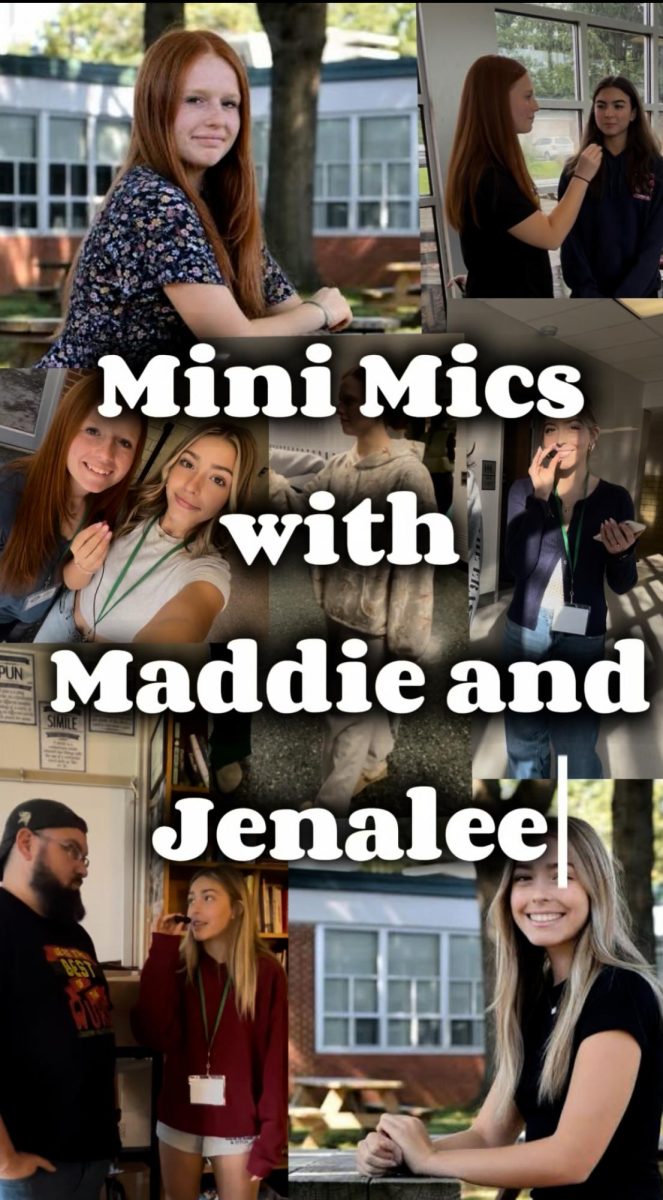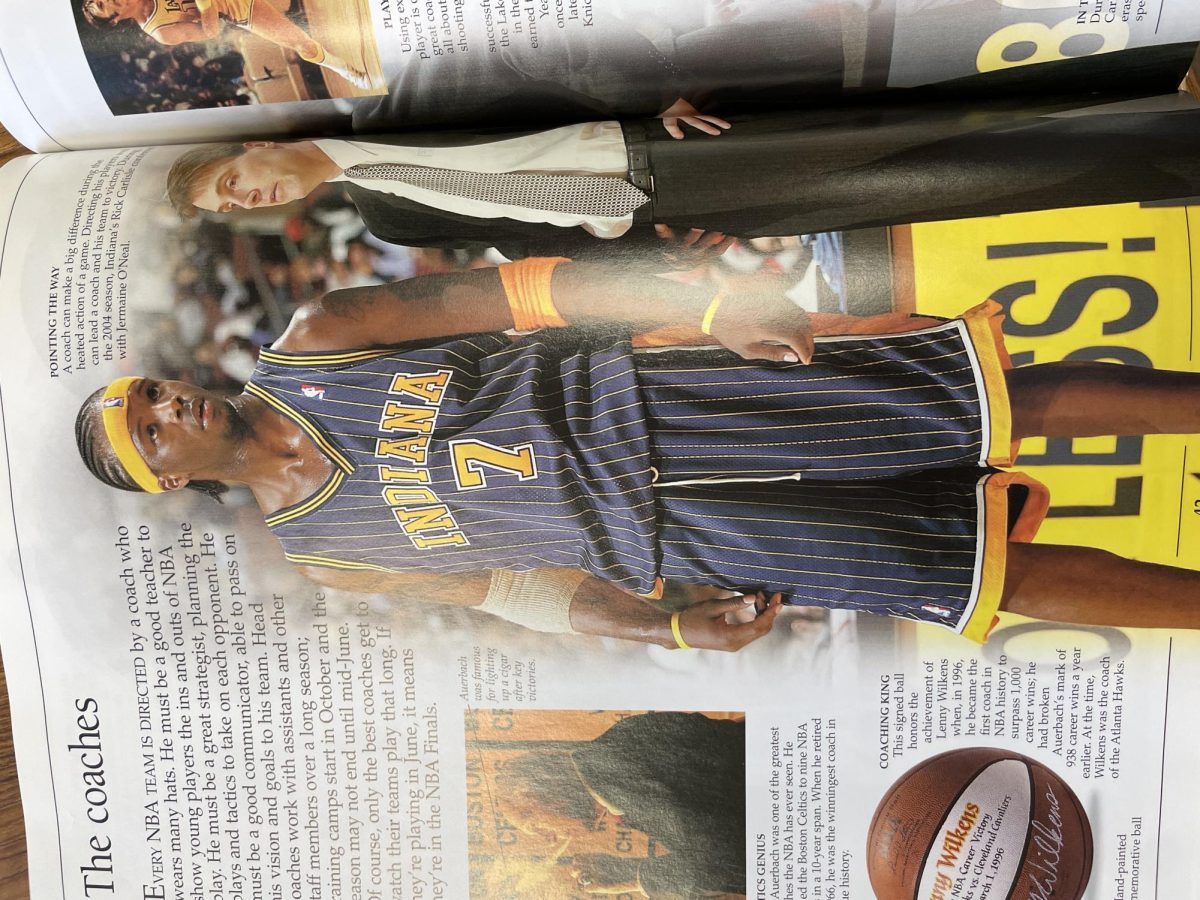Sequins, mascara tears, high heels, backstage scandal. That’s what Taylor Swift seemingly promised when she announced the Oct. 3 release of her 12th studio album, “The Life of a Showgirl.” Her promo photos were seductive, glamorous and more mature than ever.
From the combination of these promo photos, the name of the album and Swift’s comments about the album in its leadup, I believed the album would highlight the dark side of show business. Which it does, but only in two or three tracks. Instead, it’s primarily a love and emotionally healing album for her, most directly tied to her relationship and now engagement to Kansas City Chiefs’ star tight end Travis Kelce.
When I move past these qualms, on the whole, I quite enjoy this record. With the exception of two tracks (I’ll get into it), I love the album.
But, I understand where a lot of the online backlash is coming from. Swift’s marketing set her up for inevitable failure.
She started this unfortunate marketing campaign by saying the album would be a mix of “folklore” lyricism and “1989” beats. Even if this was true of the album (it’s not), it’s a bad idea for her to compare any new album to any previous albums. Each record has its community of diehard fans who will not receive a comparison well, especially for “folklore” fans.
Even though the 1989 comparison isn’t too bad, the folklore one is frankly horrendous. I do not have nearly as many issues with the new album’s lyricism as many fans, but it is a complete falsehood that they are anywhere near as complex as folklore’s. What I find delightful about “The Life of a Showgirl” is how beautifully simple it is. It really works for the album, but she set herself up for failure comparing it to her past, more complex, lyricism.
Another aspect of the marketing that falls short is her vinyl variant releases. Swift has been criticized before for excessive variant releases, but this is the first release time it has seriously bothered me. As of now, she has released eight vinyl variants (excluding Europe pressings).
What really pushed me over the edge this time with all the variants was the fact that her website had nearly daily countdowns. It got exhausting very quickly and I simply stopped tuning in. When her previous countdowns have created suspense, their overuse has dulled that sensation down and left fans feeling unengaged.
Although these marketing failures bother me, the real person they’re hurting is Swift, who would’ve had much better reception if she marketed this as an album completely unlike the rest of her discography — which it is, and I love it for that.
With “The Fate of Ophelia” selected as the lead single for the record, this is the best single decision Swift has made in a long time. I have disagreed with her single choices recently, but “The Fate of Ophelia” makes the most sense to promote the album, submit for awards and shoot a music video for.
And speaking of, watching the movie premiere on release day of the music video was an unforgettable experience. This is my favorite music video from her in a very long time, partly because of how flashy and high-production it was.
Another highlight track was “Father Figure,” which has rocketed to the top of my album ranking. This is one of the most successful examples of sampling music I’ve heard. In a time where “sampling” often means just copying another artists’ work, Swift sampled George Michael’s “Father Figure” in a very minimal way. She took the line “I’ll be your father figure,” and that’s about it, making the sentiment of the song her own. She took inspiration and didn’t copy his work, which is difficult to do when sampling.
One more favorite of mine is “Ruin the Friendship,” a track where Swift regretfully looks back on missed opportunities with high school friend Jeff Lang, who passed away in 2010 after struggling with his mental health and substance abuse. When the majority of fans expected a diss towards Blake Lively, nobody expected how subtly tragic this track actually is.
Although most of the tracks are bangers, there are two that I skip: “Eldest Daughter” and “CANCELLED!” I just can’t get past the lyricism. Simple on the other tracks was still good. Simple on these two is just bad. Lines like “every joke’s just trolling and memes” and “welcome to my underworld” just make me cringe so much.
And yes, I know that on “Eldest Daughter,” that’s the point. The lyrics are cringey because she’s trying to seem cool and isn’t. I get it.I still don’t like it. These tracks aren’t unlistenable, but they’re so beneath Swift’s potential. We can see on the other songs on the record that simple lyricism doesn’t have to sacrifice how good a song is. These fall short of that standard, though.
These low points aside, the album as a whole is a great listen. Is it the most intellectually complex in her discography? No, but that’s all right, and even enjoyable. What she should’ve done with that reality in mind is market it as such. If only we could go back in time and see how differently it would have been received.







